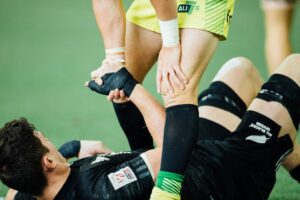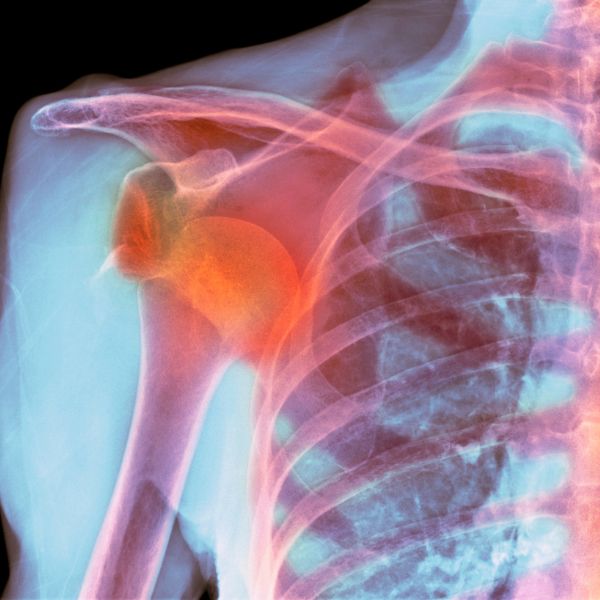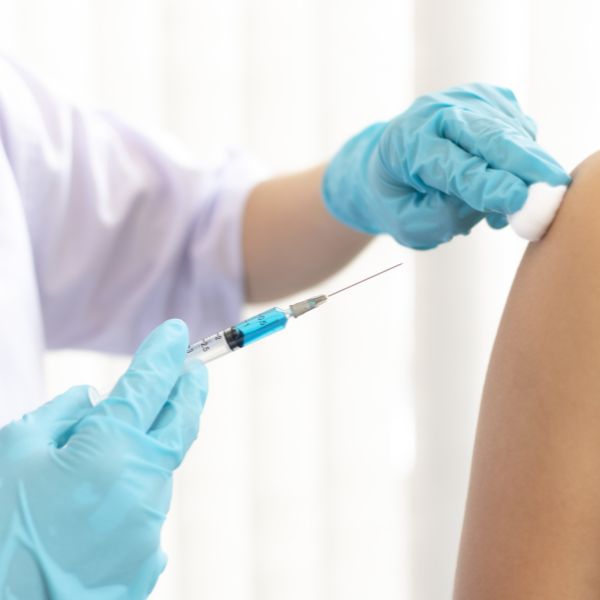
Sports Injuries: Causes, Treatment, and Prevention
Whether you’re a weekend warrior, a competitive athlete, or just love staying active, sports injuries

A shoulder dislocation occurs when the upper arm bone (humerus) is forced out of the socket of the shoulder blade (glenoid). This injury can be extremely painful and may result in instability or further dislocations if not properly treated. Shoulder dislocations are common in contact sports, falls, and accidents but can be effectively managed with prompt medical care.
Treatment for a dislocated shoulder involves repositioning the bone back into the joint (reduction), managing pain, and addressing any damage to surrounding tissues like muscles, tendons, or ligaments. Both non-surgical and surgical methods may be used, depending on the severity of the injury and the likelihood of recurrence.
Surgical options for shoulder dislocation treatment include:
Arthroscopic Surgery: This minimally invasive procedure involves the use of small instruments and a camera (arthroscope) to repair torn ligaments or cartilage. Arthroscopy is typically used to fix labral tears or tighten loose ligaments that cause shoulder instability.
Open Surgery: For more complex or severe dislocations, open surgery may be required to repair the joint, especially in cases of significant bone damage or when other methods have failed. The surgeon will make a larger incision to directly access and repair the injured structures.

You may require treatment for a shoulder dislocation if:
Recovery from a shoulder dislocation depends on the severity of the injury and the treatment approach. Key aspects include:

I currently practice at Medanta Hospital, Lucknow, where I’m the Director of the Institute of Musculoskeletal Disorders and Orthopaedics.
My expertise covers Partial and Total Knee Replacement Surgery, Hip Replacement Surgery, Revision Surgeries, as well as Spinal Decompression & Fixation. To date, I’ve performed over 1500 joint replacement surgeries and more than 5000 orthopaedic surgeries.
Don’t let pain hold you back.
Yes, with appropriate treatment and rehabilitation, many individuals can regain full function and stability in the shoulder after a dislocation. However, some may experience recurring instability or weakness, especially if there is significant damage to the ligaments or surrounding structures. Following a proper rehabilitation program is essential for optimal recovery.
After shoulder dislocation treatment, it’s best to sleep in a position that keeps the shoulder stable. Using a sling may help during sleep. Many people find it comfortable to sleep on their back or on the unaffected side, propping the affected arm up with pillows for support. Avoid sleeping on the dislocated shoulder until cleared by your healthcare provider.
After treatment for a shoulder dislocation, it’s important to avoid:

Whether you’re a weekend warrior, a competitive athlete, or just love staying active, sports injuries



Dr. Saif Nabi Shah is an exceptional orthopedic surgeon. He is highly skilled, knowledgeable, and compassionate. I recently visited him for a consultation regarding a long-standing knee issue, and I was impressed by his thorough approach. He took the time to listen carefully to my concerns, performed a detailed examination, and explained the diagnosis and treatment options clearly.
Connect with Dr. Saif Nabi Shah today!